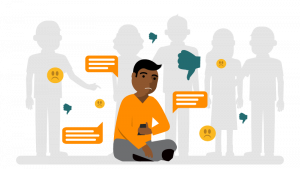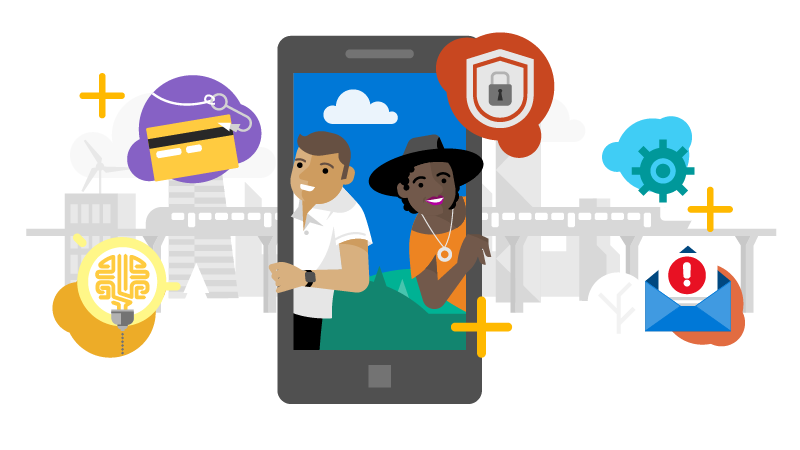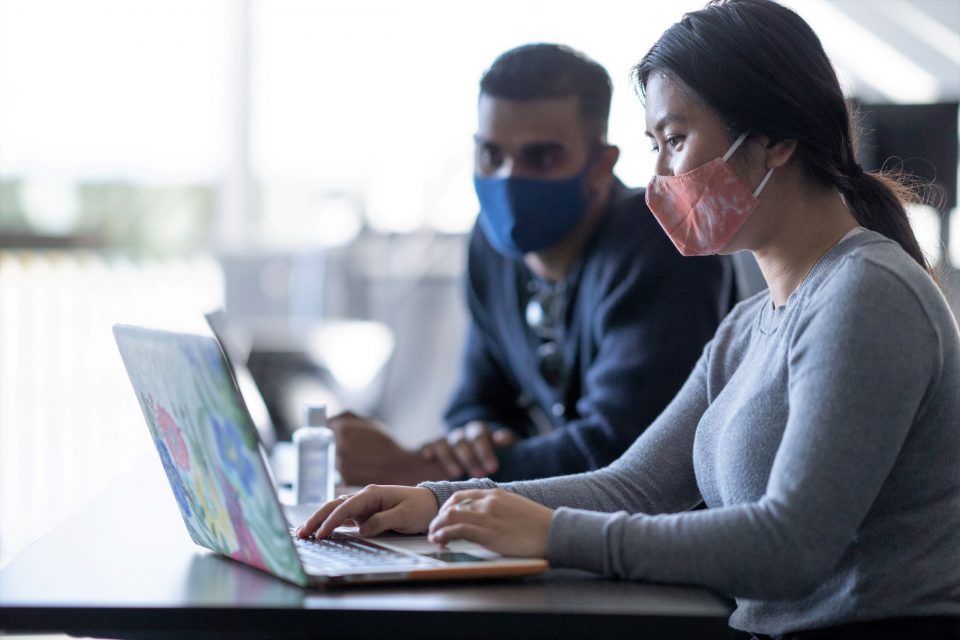 By Liz Thomas, Microsoft Regional Digital Safety Lead, Asia-Pacific
By Liz Thomas, Microsoft Regional Digital Safety Lead, Asia-Pacific
We can learn a lot from the positive ways teenagers are behaving and interacting on the internet during the pandemic.
Our latest “Civility, Safety and Interactions Online” study has shown that teens have been driving good online behavior across the globe. It also finds that digital civility has been improving overall across the Asia–Pacific region, at a time when many of us spent more of our lives on our devices.
Both are reassuring signs during a period of disruption and uncertainty. As the pandemic drags on, we need as much “digital good” as we can get, to ensure our online interactions are constructive, kind, and respectful.
We also need to keep building our digital skills and literacy, while wat ching out for new cyberthreats.
ching out for new cyberthreats.
Our study, released in February, was based on research conducted last year when work, school and social interactions were all moving online due to COVID-19.
Its findings show that young people are helping to uplift us all and drive positive interactions online.
However, online risks such as hate speech, discrimination, and online fraud continue to proliferate. And, across all age groups, confidence in managing online risks fell to an all-time low in 2020. It’s a good reminder that we can’t neglect the essentials.
To support a continued focus on the foundational skills for keeping safe online, we are pleased to launch a new resource for teens and their teachers: Digital Safety Essentials for students and teachers. Intended to support learning in an online or hybrid environment, the site provides digital safety and civility guidance for teens, as well as quick quizzes and downloadable notes for teachers.
 These resources can support classroom discussions on four essential digital safety topics:
These resources can support classroom discussions on four essential digital safety topics:
- Protecting your data and identity
- Putting a stop to cyberbullying
- Wising up to risks, and
- Being a good digital citizen
If you are a teen wanting to test your knowledge or an educator looking for some new material to support in-class learning, we encourage you to check it out! For additional resources, don’t forget our wide range of online safety tips.
We’re also working with teens in our 2021 Council for Digital Good and its sister Council for Digital Good Europe – keep an eye out for updates as council members share their views on the issues facing young people online and about how we can collectively create safer, healthier, more respectful online interactions. Find out more at Microsoft On the Issues, as well as on Facebook (@saferonline) and Twitter (@Safer_Online).





